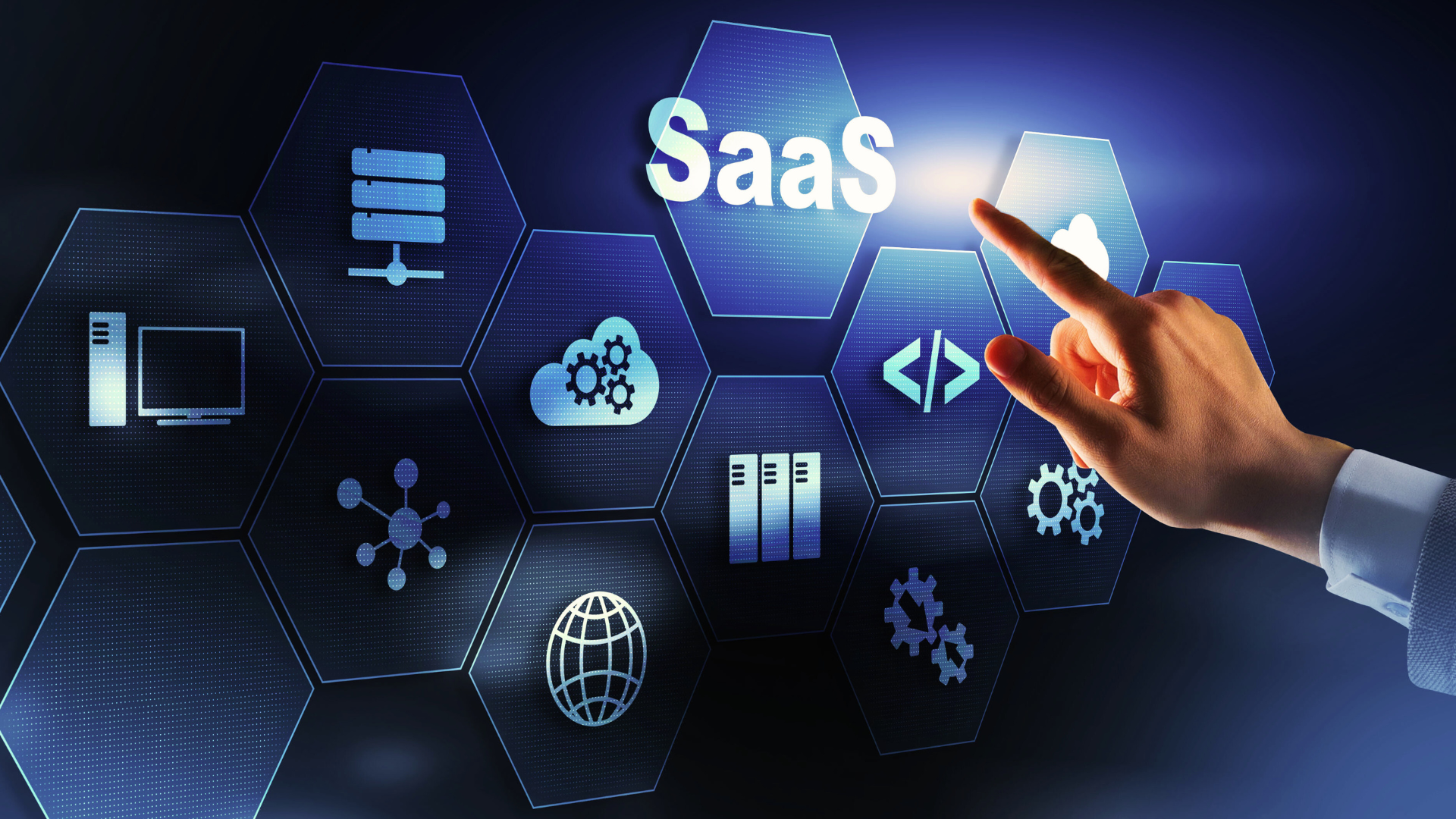Software as a Service (SaaS) is no longer an unfamiliar topic for everyone. Some popular names such as Slack, Salesforce, Mailchimp, HubSpot, etc. into everyone's life, are great examples to demonstrate the concept of SaaS. Enterprises involved in this sector provide software as an ongoing service. We, the end users on the online market, instead of paying for the software, can now easily access it through the internet with a subscription model from SaaS companies.
As these companies are selling software applications, generating SaaS marketing strategies and corresponding tactics becomes highly significant due to its complication compared to other consumer products. On that account, the need for tailored marketing plan for SaaS industry becomes the seeking topic for many technology businesses, especially when the global economy is getting into the concept of digital transformation and the booming era of technology.
In this article, we will dive in depth into the definition of SaaS marketing, how it is distinct from other marketing approaches and a step-by-step guide to crafting a successful SaaS marketing plan.
Key takeaways:
|
Delve into the definition of SaaS Marketing Understand to what extent SaaS Marketing is distinct compared to other traditional marketing approaches Explore various prominent approaches to marketing SaaS products in Organic and Paid marketing (With Examples). |
What is SaaS Marketing?
Like other marketing goals, SaaS marketing concentrates on acquiring leads, from unaware customers to existing ones. Its objective is to build awareness, promote the software, position brand and products in the competitive market.
The only differentiation is that these software companies are marketing their SaaS products under the subscription model. Customers will pay for SaaS businesses depending on their needs of scalability; accordingly, SaaS companies' inherent target is to lengthen the customer journey with their software products. Putting this idea surrounding the marketing strategies, from building awareness to nurturing customers in the long haul, marketing for SaaS products becomes more challenging.
Differences between SaaS Marketing and Traditional Marketing
Under the marketing funnel concept, SaaS marketing presents unique challenges compared to traditional marketing strategies in light of its subscription-based nature. SaaS marketing is a unique marketing approach. Its marketing funnel isn't just about acquisition; it focuses on building a long-term relationship with customers that starts after the signup or purchase.

Let’s explore 10 key characteristics that differentiate SaaS marketing with Traditional marketing:

Win More Leads: Craft a Powerful SaaS Marketing Plan
1. Look back to business operations with the Business Model Canvas
It is important to detect all your business attributes to the overall business strategies and operations. The business model canvas acts as a roadmap for your business, outlining nine core building blocks which supports analyzing your business by delving into every key aspect of your business. Exploring how these components function can reveal how they represent your company's day-to-day activities.

A standardized business model canvas
2. Marketing & Sales Alignment: Accelerate Success with Shared Goals
With all the business information in hand, you now have a grasp on your business operations. Let’s consolidate everything and get started brainstorming directions and corresponding objectives.
While the sales team is seeking revenue generation, the end of marketing goal is supporting overall business goals and contribute to sales success; therefore, for a company to be successful, marketing and sales teams need to work together towards achieving goals.
Here are six shared objectives suggested based on funnel stages for both teams to consider when developing a comprehensive SaaS marketing plan:
3. The symphony between Organic and Paid contributions
SaaS marketing encompasses a wide range of strategies and tactics aimed at attracting, engaging, and converting potential customers. These strategies can be broadly categorized into two main approaches:

While organic and paid tactics may seem like opposing forces, the reality is far more nuanced. When used in harmony, they could create a strong marketing engine for overall sustainable business growth. Organic efforts build a foundation of trust and credibility, while paid advertising amplifies your message and reaches a wider audience. Utilize organic content to nurture leads generated through paid ads, and conversely, leverage paid advertising to promote your high-performing organic content. A successful marketing strategy is an ongoing conversation, and by combining organic and paid tactics, you can keep the dialogue flowing and achieve long-term success.
4. Marketing Performance measurement
To measure the success of your execution, consistently monitor campaign performance after launch. Choosing the most relevant and actionable metrics from the start is crucial to ensure your marketing strategies directly align with your business goals.
For a SaaS marketing plan, software business should concentrate on metrics that track customer engagement and value delivery, some prominent ones that should be acknowledged such as:

Understanding these metrics and measuring them depicts the growth of your business’s SaaS marketing plan due to presenting continuous improvements over time. Decision-making in accordance with data-driven performance will support acquiring more users and generate winning retention strategies.
5. Marketing Plan Optimization
It is crucial to continuously refine your SaaS marketing plans. Analyze results from the previous performance to identify which attributes that need to be paused, maintained, or optimized for better outcomes.
These below approaches are designed for you to optimize your performance in the SaaS industry:

Conclusion
The path to successful SaaS marketing is an ongoing journey of adaptation and refinement. By understanding the unique challenges and opportunities presented by this model, aligning sales and marketing efforts, and embracing a data-driven approach, you can create a sustainable marketing engine that fuels long-term growth.
Remember, the most effective strategies are those that evolve with your business and the ever-changing market landscape. Ready to embark on your successful SaaS marketing adventure? Partner with Majoris Digital, the go-to-market infrastructure experts in this sector. We will equip you with the market knowledge and techniques to navigate the complexities of SaaS marketing and achieve sustainable growth.




